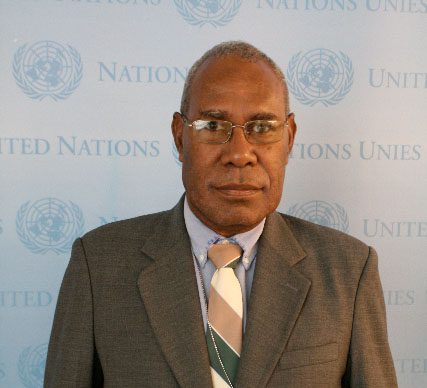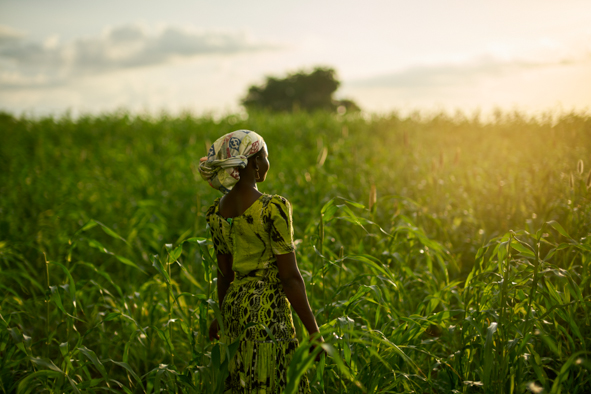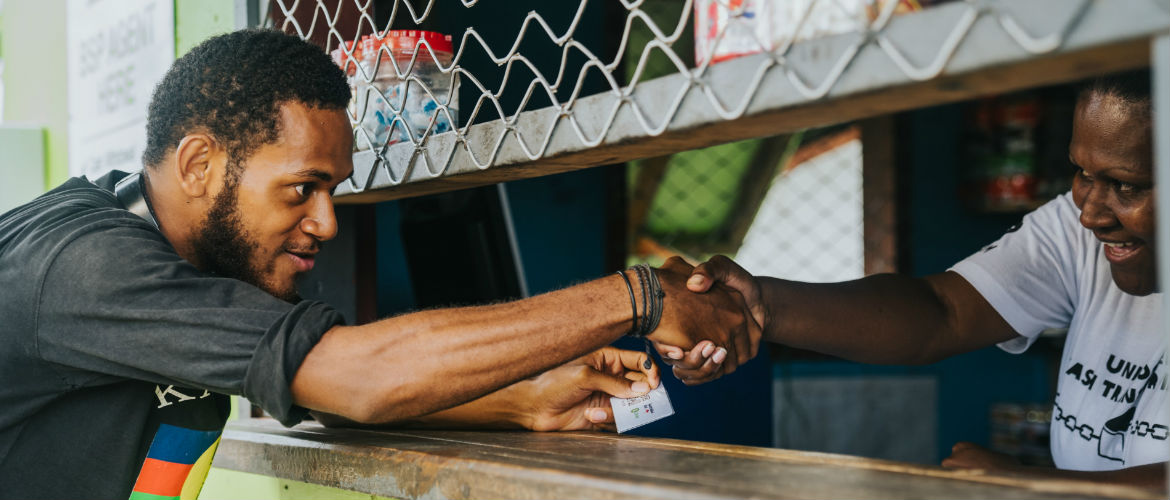In Papua New Guinea, the devastating effects of small arms are well known. Their use – and mere presence – has facilitated tribal wars, gender-based violence and directly impeded the ability of PNG to achieve the Millennium Development Goals. My organisation has witnessed what happens when arms are involved in these conflicts: death, destruction of property and lost opportunities for development.
In the Pacific, there have been incidents where armed forces have acted outside their mandate and arms have been misused, acting as drivers of violence and fueling further demand for weapons. An effective Arms Trade Treaty would not only prevent the competitive urge to acquire power with the use of small arms, but also promote good governance, and prevent corruption and gender based violence.
Instead of continuing to prioritise acquiring arms for national security interests, states must view arms regulation from a human security perspective, putting the needs of individuals and communities at the heart of their concern. Currently, a repressive regime can continue to import arms under the guise of its ‘national security’, often at the cost of the security of its citizens.
The Arms Trade Treaty must change this by effectively regulating arms transfers based on existing principles and obligations in international law. Under an effective Arms Trade Treaty, governments will be required to undertake a rigorous risk assessment of the potential harmful effects of the arms in the recipient country prior to authorizing a transfer. When a substantial risk of harm exists, the transfer must be prevented.
The Arms Trade Treaty is being negotiated by national governments and therefore there is a real risk that state-centric interests could override the Treaty’s humanitarian objectives. This is why civil society organizations have an essential role to play in demanding their governments achieve an instrument that puts the human security of communities worldwide front and center.
Now that the negotiations are in their critical final week, and states are beginning to consider numerous compromises in order to attain an outcome by July 27, it is imperative that they don’t lose sight of these concerns. For the Pacific, and especially PNG, there are significant humanitarian dividends that could arise from a strong ATT. It is up to our governments to do all they can to achieve this outcome. They owe it to all past and current generations that have been affected by the presence of arms in their communities.
James Laki is the Executive Director of Peace Foundation Melanesia (PFM), in Papua New Guinea. PFM promotes the use of mediation and restorative justice in conflict management, and aims to empower people and communities through the establishment of sustainable community justice approaches. James, like Oxfam Australia, is also an active member of the Pacific Small Arms Action Group (PSAAG), the region’s leading civil society coalition focussing on the devastating impact of small arms on Pacific countries. Currently he is at the United Nations in New York participating in the negotiations for the world’s first legally binding Arms Trade Treaty.


 Doris*, daughter, 5; Pamila*, 2. Christina grows maize and she was shown how to make compost as part of the CRAFS (Climate Resilient Agriculture and Food Systems) programme.
Doris*, daughter, 5; Pamila*, 2. Christina grows maize and she was shown how to make compost as part of the CRAFS (Climate Resilient Agriculture and Food Systems) programme.